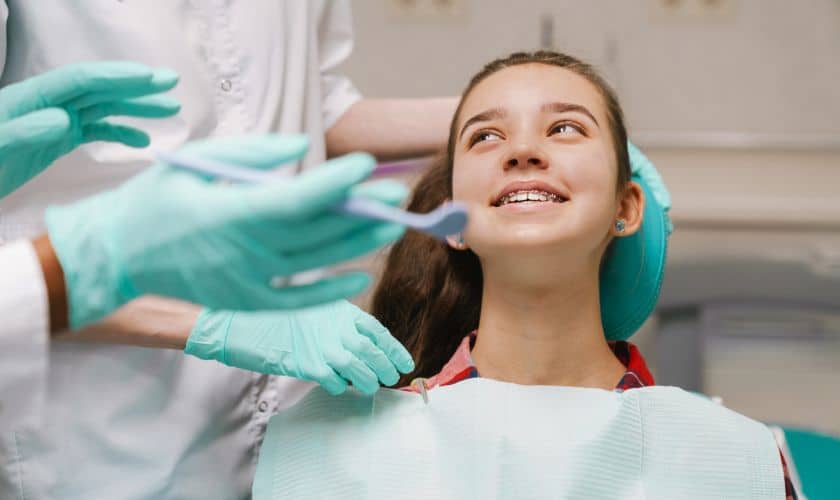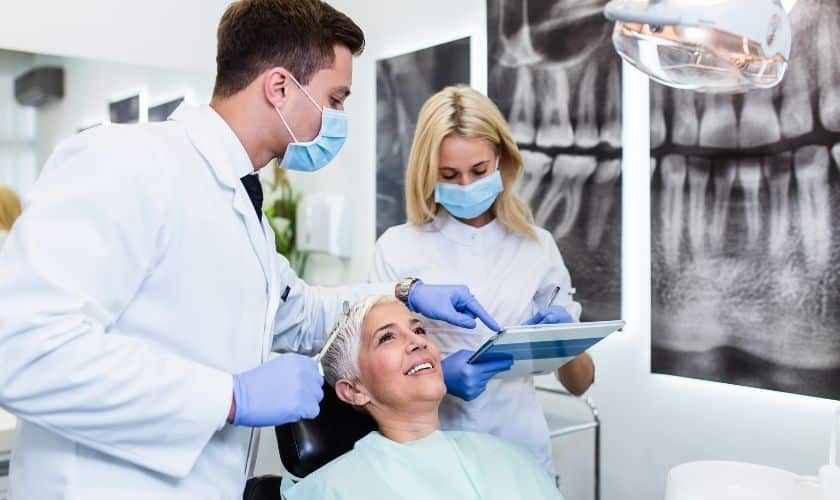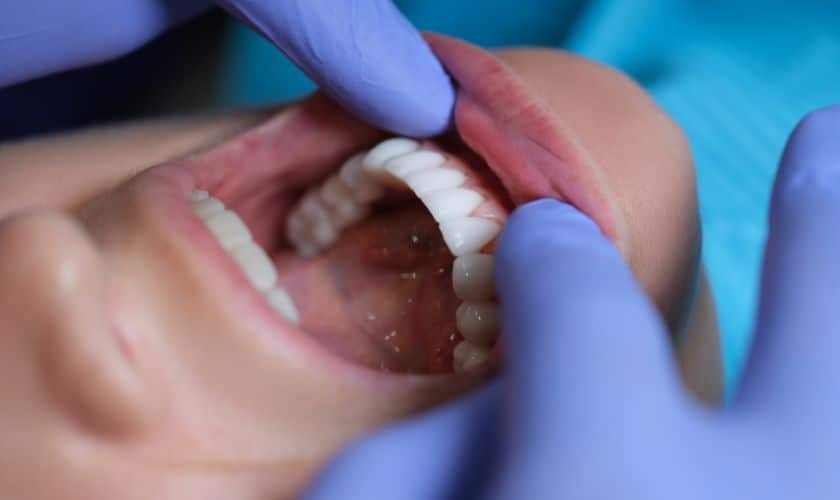Your dental health is influenced on many levels. The most widely understood levels involve infections (like tooth decay and gum disease) that stem from poor hygiene and dental plaque, which contains hundreds of kinds of infectious bacteria. On a more complex level, your dental health also depends on foundational issues, such as how your teeth are aligned, or how well your jaw opens and closes. In fact, jaw movement is vital to most of your mouth’s functions, and when it’s affected by TMJ disorder, the rest of your oral health can suffer, as well.
What About Your Jaws?
1.) What does TMJ stand for?
a.) Temporomandibular joints c.) Teeth and mouth junction
b.) Teeth and mouth joints d.) None of the above
2.) What causes TMJ disorder?
a.) Crooked teeth c.) Compulsive teeth grinding
b.) Too much stress in your life d.) All of the above
3.) What is the most common symptom of TMJ disorder?
a.) Toothaches c.) Popping jaw
b.) Headaches d.) All of the above
4.) How can you treat TMJ disorder?
a.) Home remedies c.) Oral surgery
b.) Oral splints d.) All of the above
The Answers
1.) TMJ stands for temporomandibular joints, which connect your mandible, or lower jaw, to your skull. For remaining questions, all answers are d.) All of the above.
2.) TMJ disorder describes a dysfunction in your TMJs, which can result in damage, inflammation, and misalignment of the joints. The condition can result from an imbalanced bite caused by crooked teeth, habitual teeth grinding (bruxism), or excessive levels of stress and anxiety.
3.) TMJ disorder can actually refer to any of a number of different jaw issues, and the exact symptoms of the condition depend largely on its underlying cause. Among the most common signs, however, are dental discomfort, chronic headaches, and popping or clicking noises when you open and close your jaw.
4.) Like its signs and symptoms, treatment for TMJ disorder varies from patient to patient, and typically focuses on correcting the malfunction that has led to the jaw problem. If your teeth are crooked, then orthodontic treatment may help. In severe cases, oral surgery can be required to correct a malformed jawbone or other oral structures.
ABOUT YOUR SOUTHLAKE DENTISTS:
As a native Texan, Gregory Wright, DDS, opened his private practice in Southlake, TX in 1992. He and Dr. Victoria Heron are happily accepting new patients from Southlake, Grapevine, Keller, Trophy Club, Colleyville, and all surrounding communities. To learn more, call our office today at (817) 481-7999.





